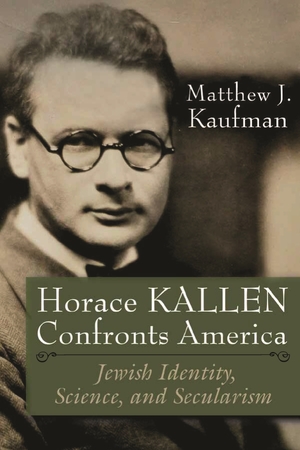Description
Martin Buber’s philosophy of dialogue sought to express the human experience through the ways in which we encounter and interact with others. His “I—Thou” theory of dialogue and “I—It” theory of monologue expressed ways of understanding one’s place in the world in relation to others, objects, and especially God. Buber died in 1965, leaving behind a vast library of writings and ardent students and scholars eager to engage with his ideas. One of the most prominent scholars was Maurice Friedman. Friedman and Buber shared a professional as well as a personal relationship, based on translating, interpreting, and intellectual curiosity. Beginning in the summer of 1950 and ending with Buber’s death, this volume takes the reader through Buber’s three visits to America, his wife’s death, the author’s stay in Jerusalem, and the articulation of Buber’s culminating philosophy of the interhuman. In tracing this chronology, Friedman draws extensively on his personal collection of letters exchanged with Buber. Intimate and meditative, this book provides an exploration of a deeply intellectual friendship shared between two extraordinary thinkers.
About the Author
Maurice Friedman is professor emeritus of religious studies, philosophy, and comparative literature at San Diego State University, where he taught from 1973-1991 and is co-director of the Institute for Dialogical Psychotherapy in San Diego. He has written nearly twenty books, four of which were on Martin Buber.
5.5 x 8.5, 216 pages
June 2013


